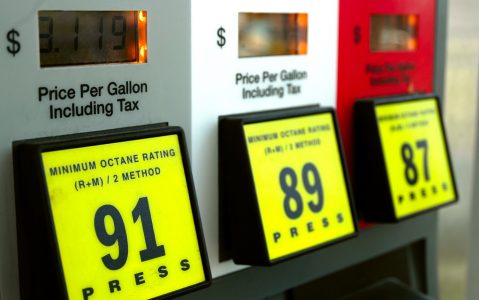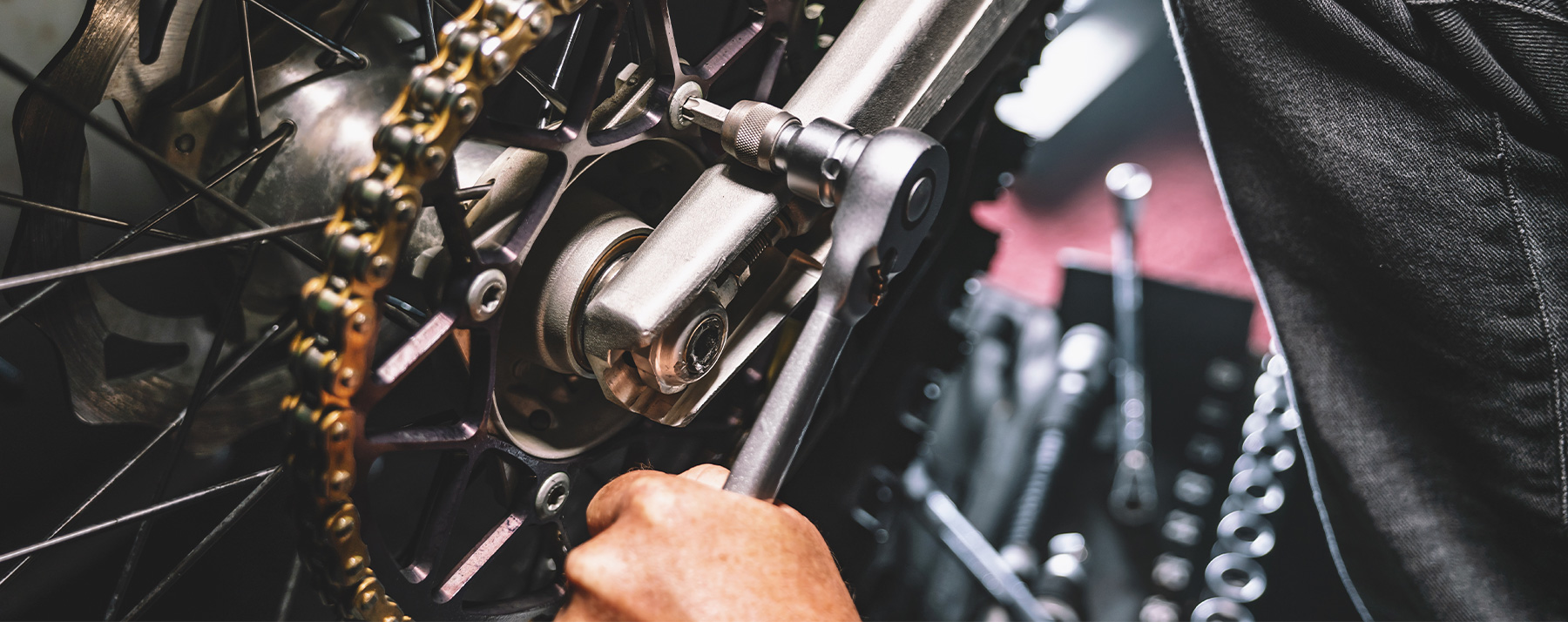 What octane gas you choose for your vehicle might end up making a huge difference! To determine what octane gas you should be using in your car you need to ask a few questions:
What octane gas you choose for your vehicle might end up making a huge difference! To determine what octane gas you should be using in your car you need to ask a few questions:
- What does the manufacturer recommend?
- How is your engine designed?
- How do I drive the vehicle?
- What sort of modifications have I done?
If you look in your owner’s manual it will let you know what type of fuel your manufacturer recommends putting in your car. Chances are if you drive a luxury car it will recommend premium (91 or higher octane) fuel even if the engine doesn’t really need it. Premium fuel for a luxury car might make sense to the manufacturer but that doesn’t mean it makes sense to your wallet which is why the manufacture’s recommendation is only part of the equation.
The higher the compression ratio in your vehicle’s engine, the more important a higher octane fuel is. Also, the engine’s ability to dissipate heat can affect the type of gas you can run so if your engine has an aluminum block and cylinder head it can usually run a lower octane for the same compression ratio than an all-iron engine can.
The more heat your engine holds, the higher octane fuel you should run so it makes sense that if you regularly push your engine to the limit or live in a hot climate, you should run a higher octane. If you regularly tow, race or even live in a hilly area you may consider running a higher octane fuel.
lastly, some modifications you make to your vehicle can increase the need for higher octane fuel. For example, changing your camshaft or even cam timing can increase the need for higher octane as it will change your engine’s effective compression ratio. Similarly milling the cylinder head or running a thinner camshaft can increase the compression ratio requiring a higher octane fuel to be used.
Really the best and only way to tell if you need to be running a higher octane gas is to check your engine for knocking or detonation. In an older vehicle, the only way to do this was the listen for it under acceleration. New vehicles have knock sensors that check for this so you can use a scan tool to “listen” to the knock sensors to check for detonation or just watch for knock counts or knock retard in your vehicle’s computer. If the engine is pulling timing for knock it’s time to run a high octane fuel. To learn a little more about gasoline octane ratings, check out U.S. Energy Information Administration’s article on octane rating!
If you don’t want to spend the extra money on a higher octane gas at the pump, or you’re already using the highest octane that is available in your area, you can use PJ1 Octane Plus Gas Energizer to raise the octane rating of the fuel you purchase at the pump 2 to 4 points!
What Happens if you Put Premium Gas in a Regular Gas Car?
If you put regular gas in a car that requires premium you can cause serious and permanent engine damage! If you go the other way and put premium gas in a regular gas car you probably won’t notice any difference. The only real benefit would be that the extra detergents and additives that are also put in premium gas may help to clean your fuel system and engine but that effect would be hard to quantify and even harder to justify given the extra cost of premium fuel. If you’re looking to clean your vehicle’s engine you can use PJ1 Octane Plus Gas Energizer since it is also an intake and fuel system cleaner!
pictures provided by:
what_octane.jpg – by Karimala – Licensed by Getty Images – Original Link
